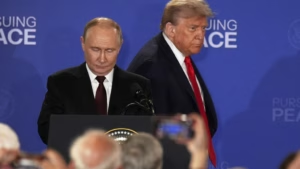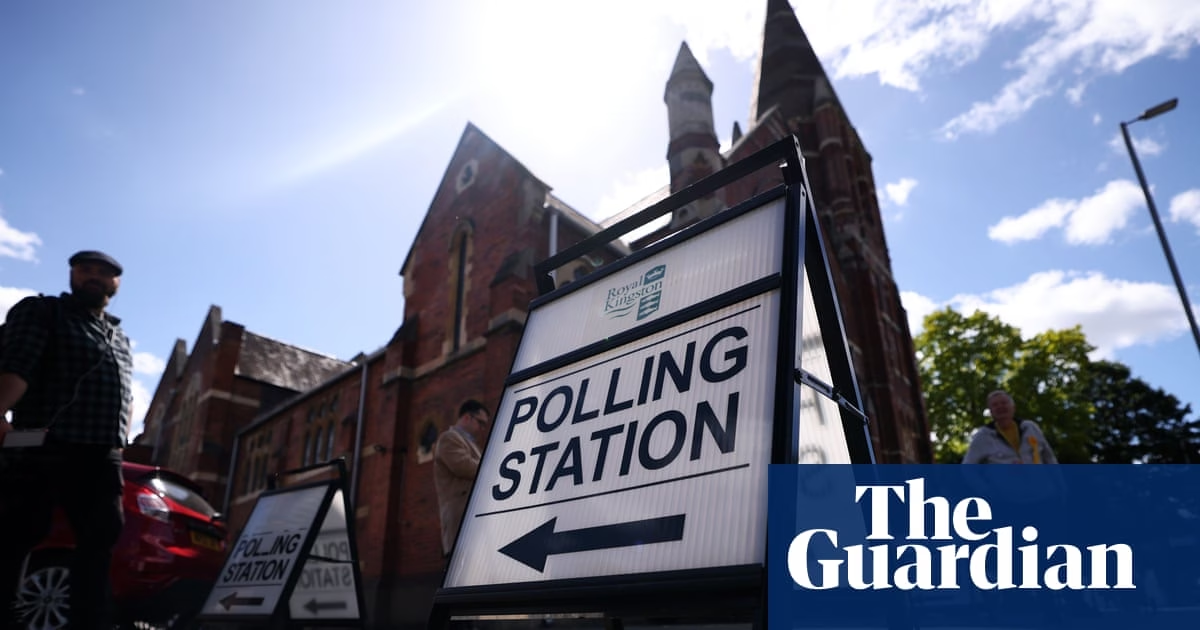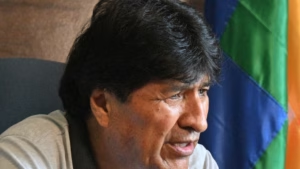The UK has one of the most challenging voter registration processes among liberal democracies, according to a study that examined 62 countries. The requirements to actively register, meet strict deadlines, and vote at specific polling stations make the UK an “international outlier,” as found by academics at the University of Manchester.
Labour is considering proposals to introduce automatic voter registration as part of a democracy bill before the next election. Currently, individuals in the UK need to register to vote, but with automatic registration, the electoral roll would be automatically compiled from other records like tax or passport data.
Campaigners argue that this change would enfranchise millions more people, especially those who are younger, poorer, and live in privately rented homes. The requirement to present voter ID at polling stations, introduced by the Conservatives, has been criticized for creating an additional barrier to voting.
The Manchester researchers discovered that among 28 liberal democracies, the UK, Ireland, and Barbados have the most difficult voter registration processes. Maria Sobolewska, a professor of political science at the University of Manchester, emphasizes the need for voter registration reform, stating that international evidence shows the UK’s system is unusually difficult for voters and contributes to unequal democratic participation.
Countries such as Iceland, Argentina, and South Korea automatically register voters using government databases. Research by the campaign group Generation Rent estimates that 91% of UK private renters aged 16 or over, more than 8.5 million people, could benefit from automatic voter registration. According to Electoral Commission data, only 65% of renters are accurately registered, with only 39% of individuals who have lived in their home for less than a year correctly registered compared to 95% for those who have lived in their home for 16 years or more.
As part of its plans for a democracy bill, Labour is also examining potential changes to the system of political donations. The party has made a manifesto promise to lower the voting age to 16, which Keir Starmer recommitted to at a recent committee hearing. Voter turnout in the 2024 general election was 59.7% and has not reached 70% in any election since 1997. A report by the Institute for Public Policy Research found that when accounting for unregistered individuals, only 52% of adults living in the UK exercised their right to vote, the lowest proportion since universal suffrage was introduced.
Source: https://www.theguardian.com/politics/2025/may/06/britain-has-one-of-most-difficult-voter-registration-processes-report







